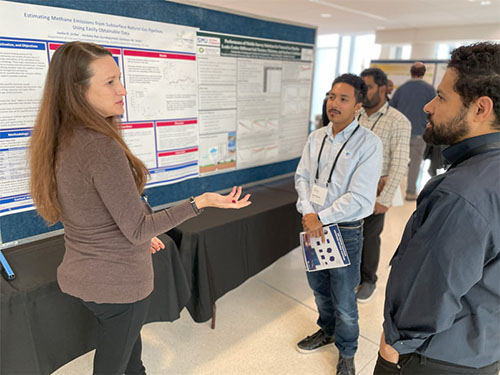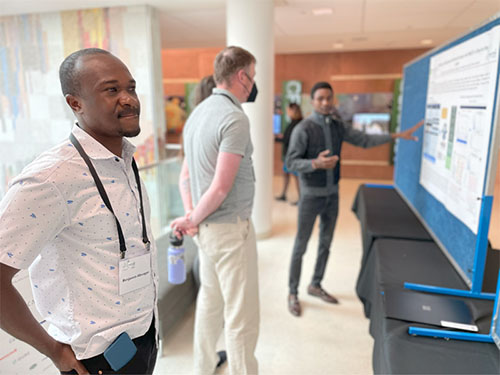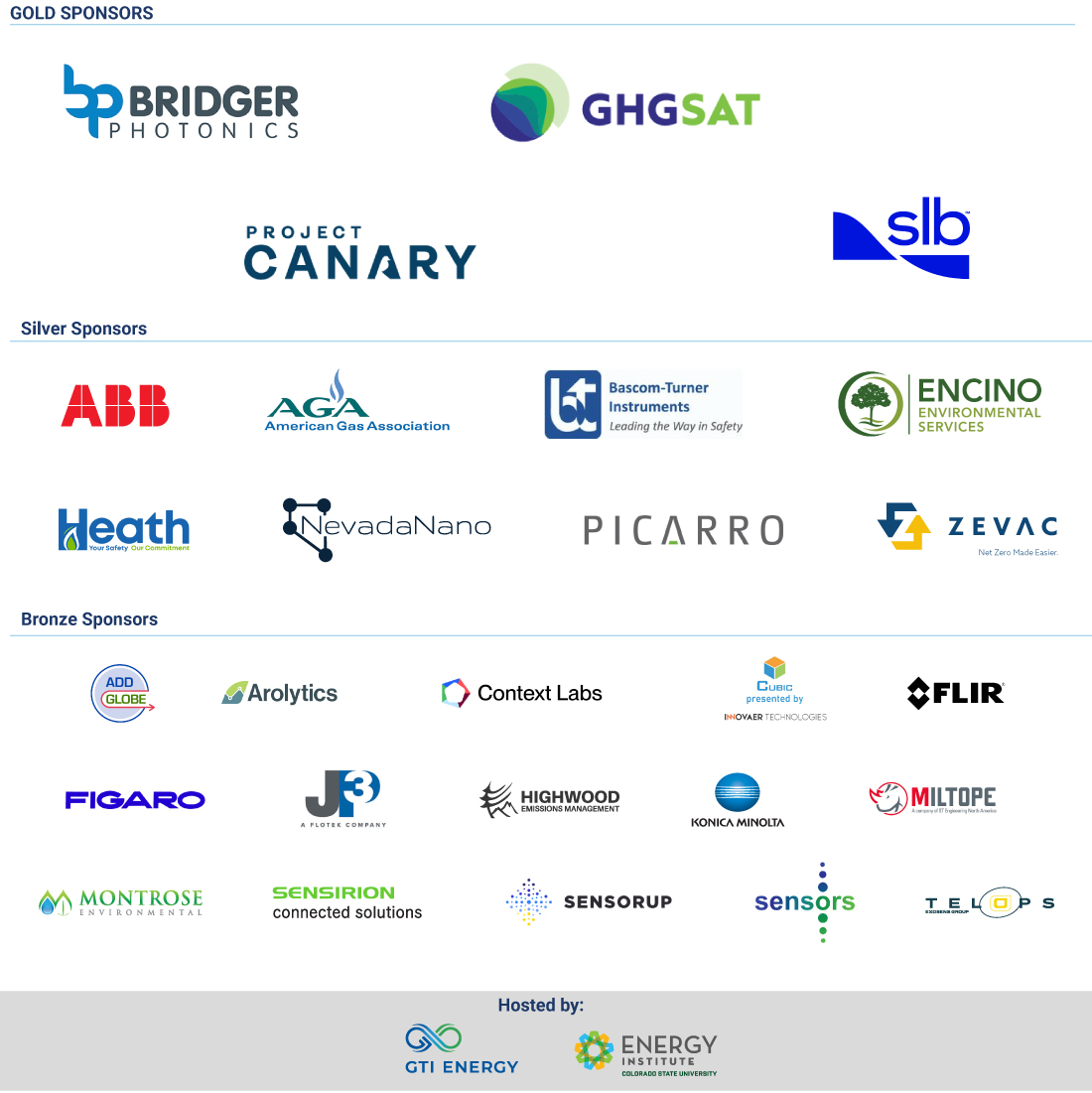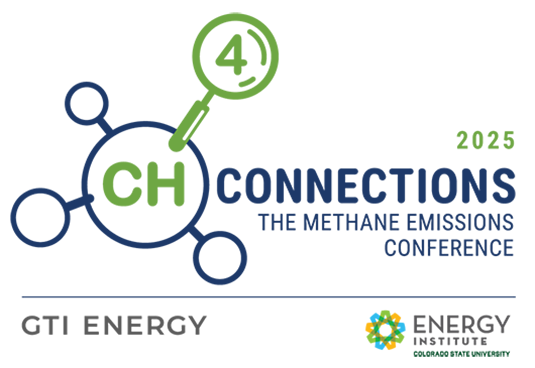October 8-9, 2025
Colorado State University's Lory Student Center | Fort Collins, Colorado
Scientific and Technical Poster Session
New this year at the CH4 Connections Conference is a scientific and technical poster session. Posters will be on display both days of the event, Oct 8-9, with a dedicated poster session occurring the afternoon of Oct 8, during the conference reception. This will be a great chance to maximize the discussion around your topic.

Guidelines:
- Abstracts due September 8, 2025 (no abstracts will be eligible if they are sent later than midnight MT time)
- 500 words or less
- Posters must be scientific or technical-based. Marketing or sales material will not be accepted.
- Submitters will be informed if their abstract has been accepted by September 15, 2025.
- All must first submit an abstract. Those chosen to present a poster at the conference:
- Student posters: All students must register for the conference. No additional costs are required to present a poster.
- Academic faculty: All faculty must register for the conference. No additional costs are required to submit a poster.
- Organizations and companies: All other submitters must register paying the standard conference registration fee to present a poster. An additional cost of $200 per person must be paid to present the poster.
At the CH4 Connections Conference:
- All posters must be brought to the CSU Lory Student Center and hung on supplied vertical poster boards by 7:30am MT on October 8, 2025
- Posters cannot be larger than 3’ x 4’
- All posters will remain on poster boards until the conclusion of the conference at 4:00pm MT on October 9, 2025. Posters must be removed at that time. Any remaining posters will be discarded.

Identify in your abstract which of the 5 major topic areas below that your work would apply to:
Measurement & Detection
- Advances in Methane Detection Technologies
- Comparative Accuracy of Top-Down vs. Bottom-Up Methane Inventories
- Temporal Variability in Methane Emissions from Oil & Gas Sites
Emissions Sources & Attribution
- Source Attribution of Methane Emissions in Basin-Specific Studies
- Super-Emitters: Frequency, Causes, and Mitigation Strategies
- Methane Emissions from Abandoned and Orphaned Wells
Mitigation & Operations
- Effectiveness of LDAR (Leak Detection and Repair) Programs
- Operational Best Practices for Minimizing Methane Emissions
- Impact of Compressor Stations and Pneumatic Devices on Methane Emissions
Policy, Economics & Modeling
- Cost-Benefit Analysis of Methane Mitigation Technologies
- Modeling the Climate Impact of Methane Emissions from Natural Gas Supply Chains
- Regulatory Impacts on Methane Emissions: A Comparative Analysis
Cross-Cutting & Emerging Topics
- Community and Environmental Justice Perspectives on Methane Emissions
- Machine Learning Applications in Methane Emissions Detection and Forecasting
Questions? Contact Us


